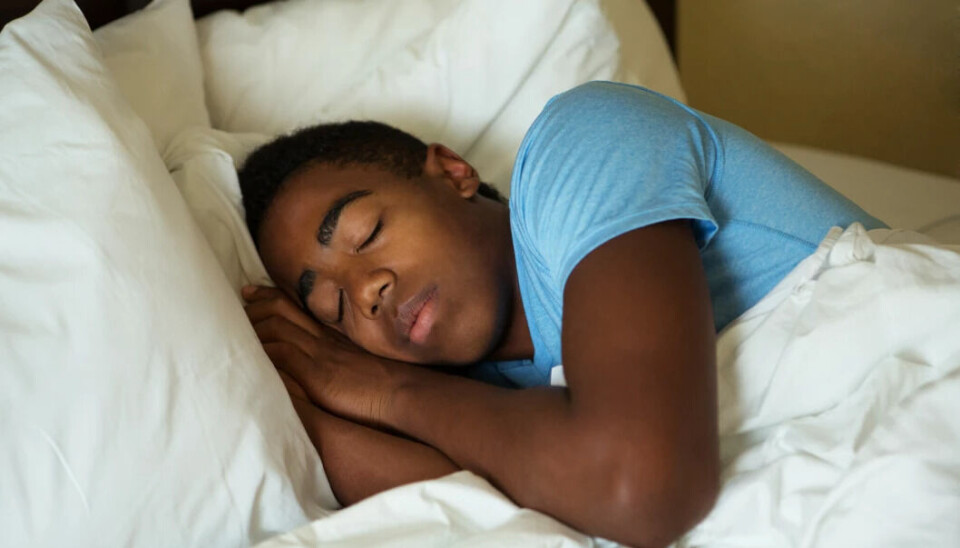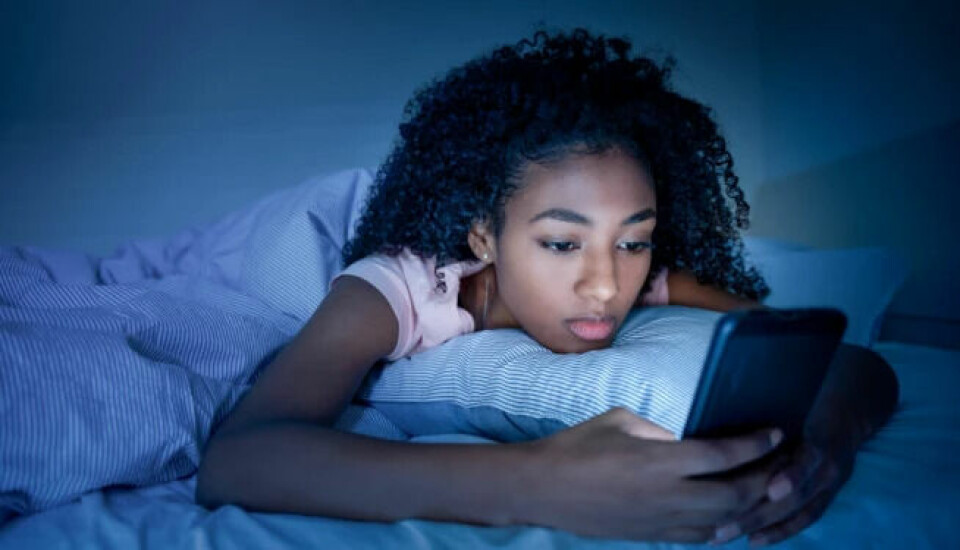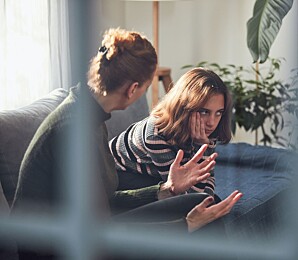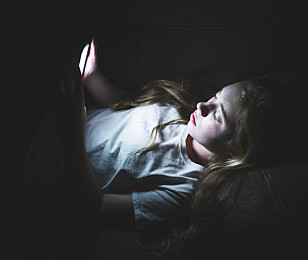
Teenagers become night owls during puberty
Teenagers today get far too little sleep.
Do you feel that you no longer get tired in the evening?
Or that you try to go to bed but can't sleep?
If you're a teenager, there is an explanation for that.
A person between the ages of 14 and 17 needs 8 to 10 hours of sleep, according to the National Competence Service for Sleep Disorders (SOVno) (link in Norwegian).
But on average, a person of this age sleeps less than 7 hours.
Why do teenagers sleep so little when they need a lot of sleep?
Major changes during puberty
You get less deep sleep when you hit puberty.
This is most likely related to our brain going through major structural changes.
The need for sleep is not as great as before, but teenagers still need more sleep than adults.
From morning person to night owl
Our sleep is adjusted by circadian rhythm and accumulated sleep needs.
In a sense, circadian rhythm is an internal clock that is set to 24 hours and is influenced by daylight.
Accumulated sleep needs means that when you are awake for longer, the need for sleep becomes greater.
“What happens in adolescence is that we see a change in the circadian rhythm where it becomes more difficult to stick to this 24-hour day," Ingvild West Saxvig tells sciencenorway.no.
She is a senior adviser at SOVno.
"We are not entirely sure what is happening, but research indicates that this ‘day’ becomes a little longer. The fact that daylight should regulate the circadian rhythm can become more difficult when this internal clock is perhaps 25 hours instead of 24,” Saxvig says.
This means that teenagers may have problems falling asleep early. You are simply more awake at night than when you were a child.
“The sum of this means that teenagers naturally become night owls,” she says.
Night owls, or ‘evening people’, are those who stay awake longer and get up late. Whereas morning people go to bed early and get up early.

Teenagers feel awake at night
“Some research shows that teenagers have to stay up longer to build up enough need for sleep to actually fall asleep,” Saxvig says.
The way the body regulates sleep during your teenage years makes you feel more awake in the evening than children and adults do.
But this also means that you are more tired in the morning and struggle to wake up early.
Up early for school
Although teenagers change their sleep habits during puberty, they still have to get up early for school.
This can lead to those who fall asleep late and have to get up early not getting enough sleep.
These students may find that it affects their academic performance and mental health.
“It's not that teenagers are bad at sleeping. They're actually pretty good at it. Many older people sleep worse than teens. But they struggle to sleep at the time of day that society has arranged for us to sleep, and that is completely natural,” Saxvig says.
About 40 per cent of 16-year-olds are night owls, and less than 10 per cent are morning people, according to the National Competence Service for Sleep Disorders (link in Norwegian).
But neither morning nor evening people sleep 8 hours or more before a school day.
Choose social media over sleep
When it is natural to be awake longer in the evening, there are some teenagers who choose to prioritise other things than sleep.
“Both teenagers and adults are bad at prioritising sleep in this 24-hour society. There is always entertainment available, as well as energy drinks and caffeine that affect sleep,” Saxvig says.
When you don't get enough sleep, it's easy to take a nap during the day or drink coffee and energy drinks to feel more alert.

But this can make things even worse
This can cause you to fall asleep even later and instead choose to game, be on social media or hang out with friends.
“That teenagers get little sleep does not just occur because they do not prioritise sleep. Many teenagers probably try, but they still don't get to sleep because the biological changes in the body mean that teenagers fall asleep later,” Saxvig says. “Prioritising sleep has an impact, but it is not the whole answer.”
———
Translated by Alette Bjordal Gjellesvik.
Read the Norwegian version of this article on ung.forskning.no







































